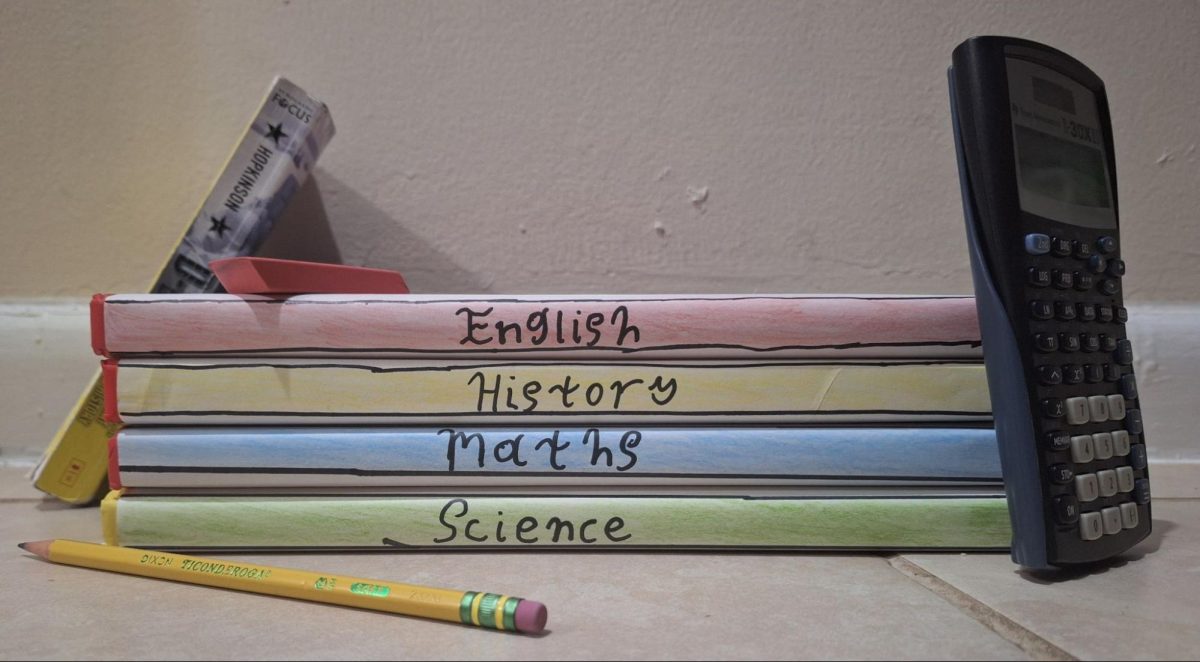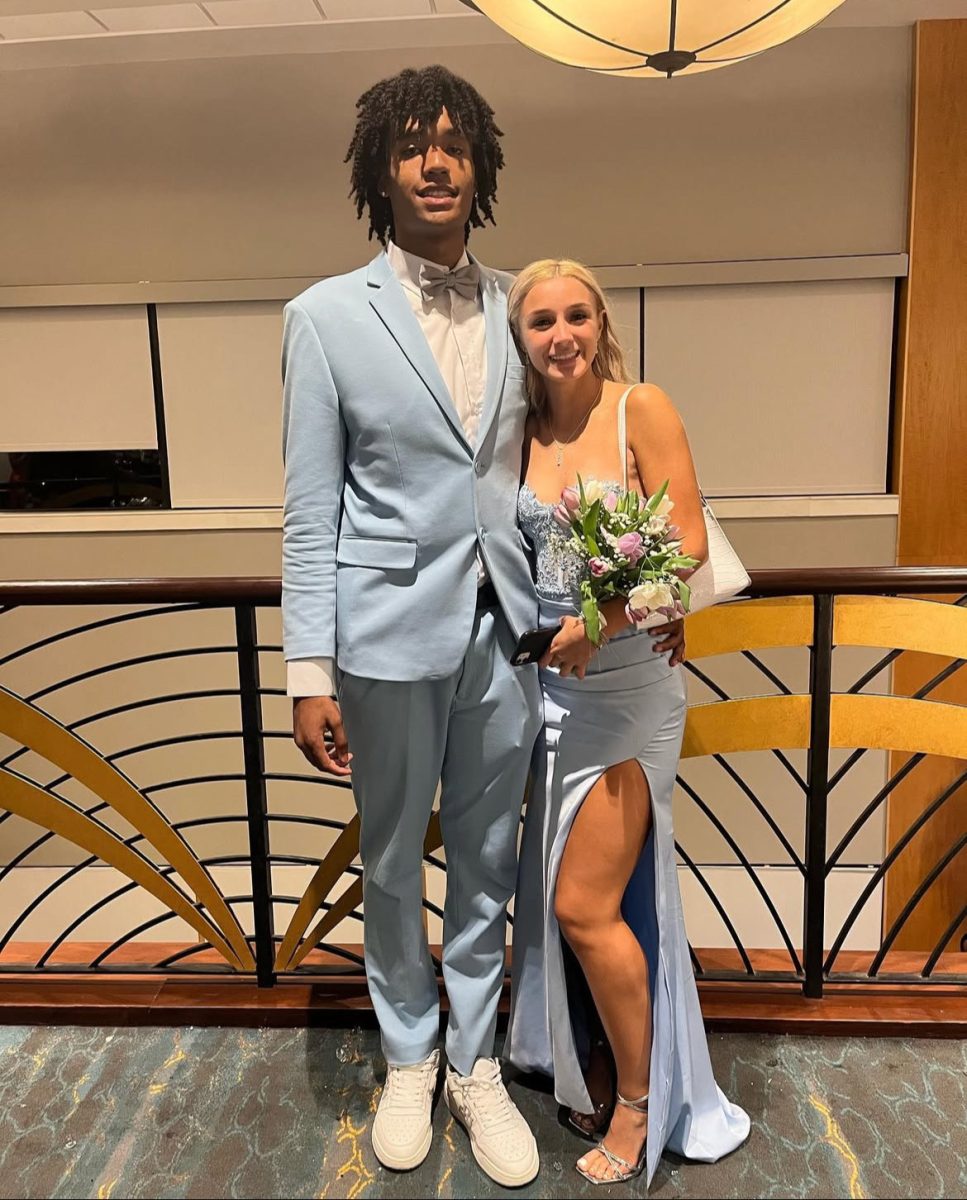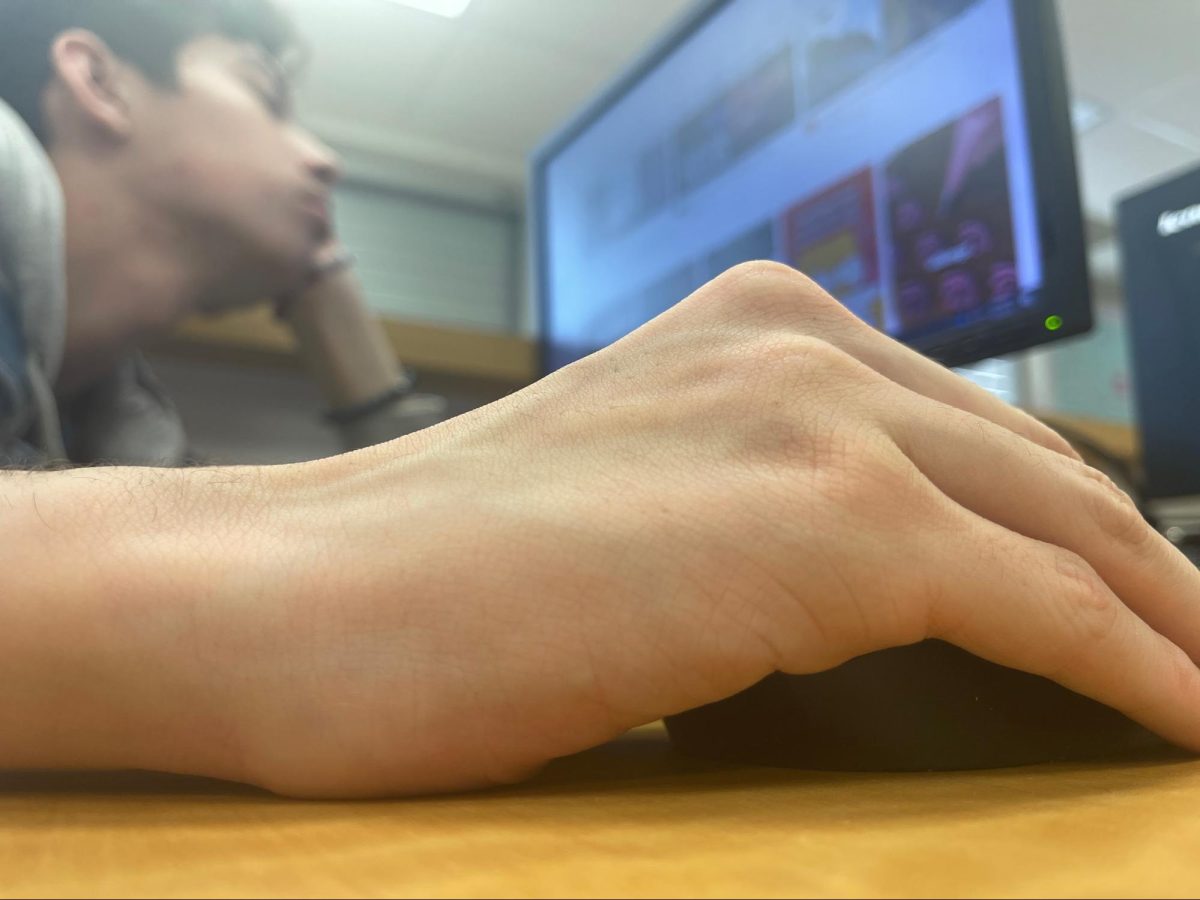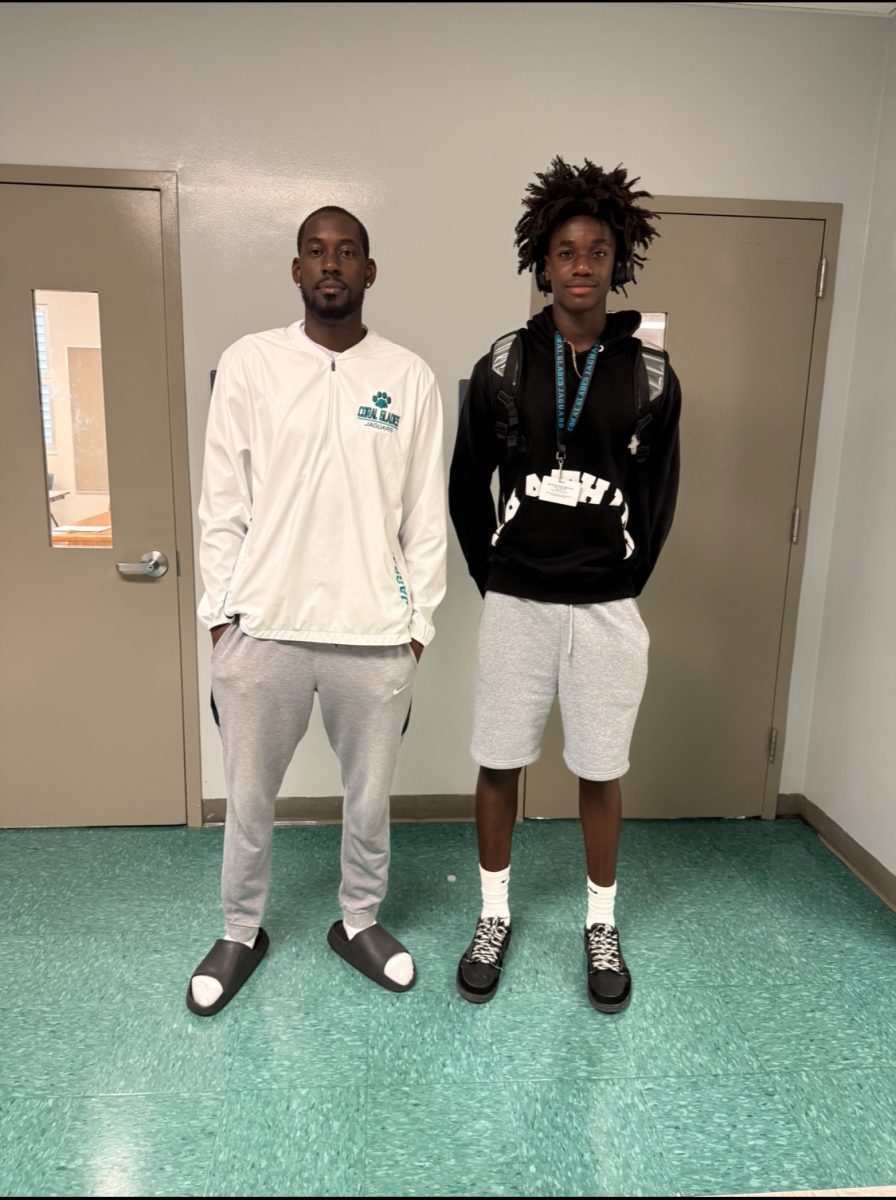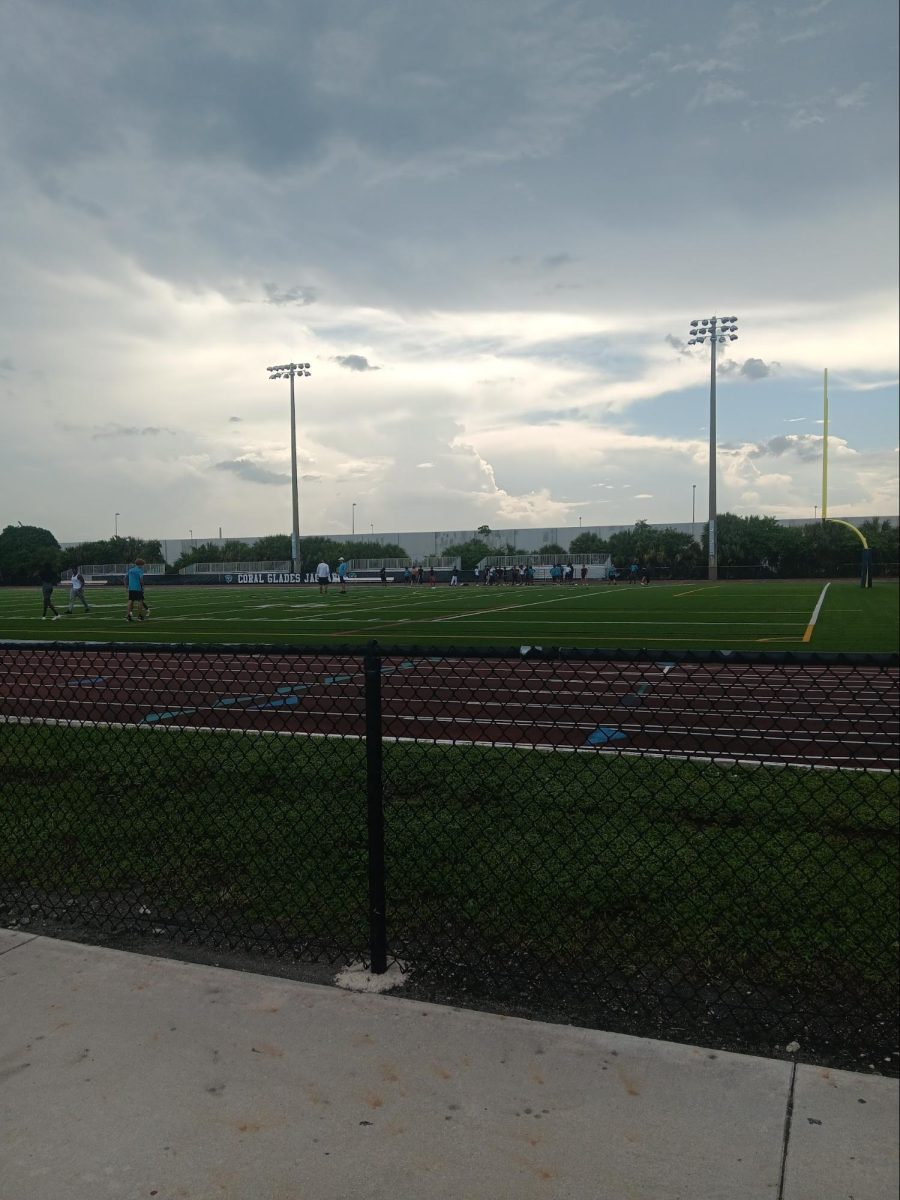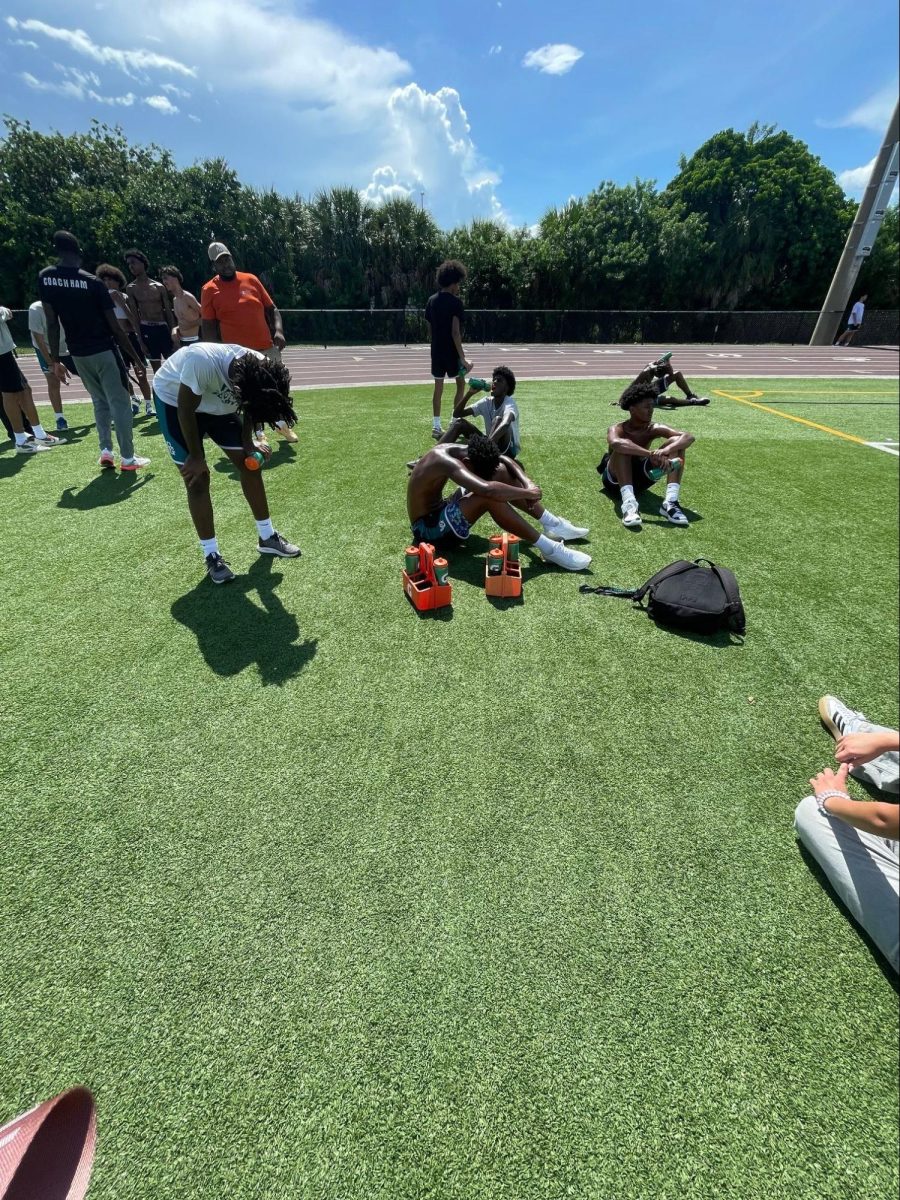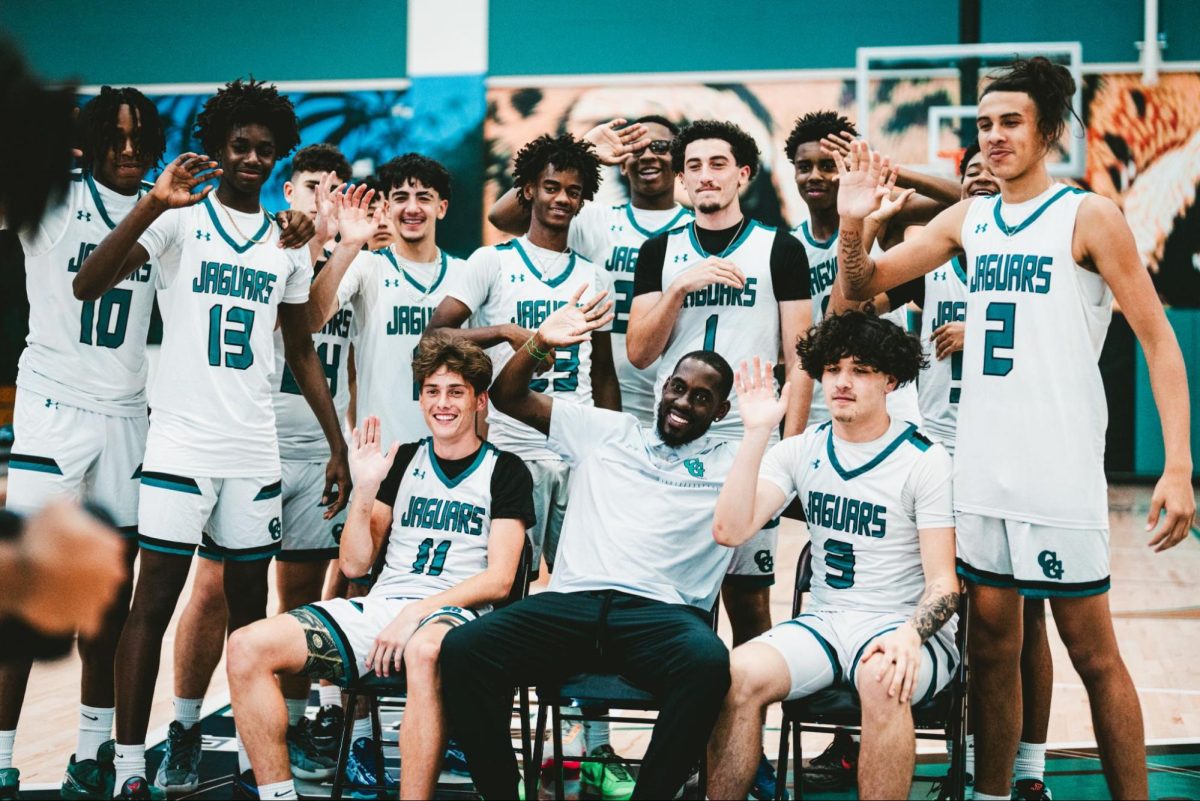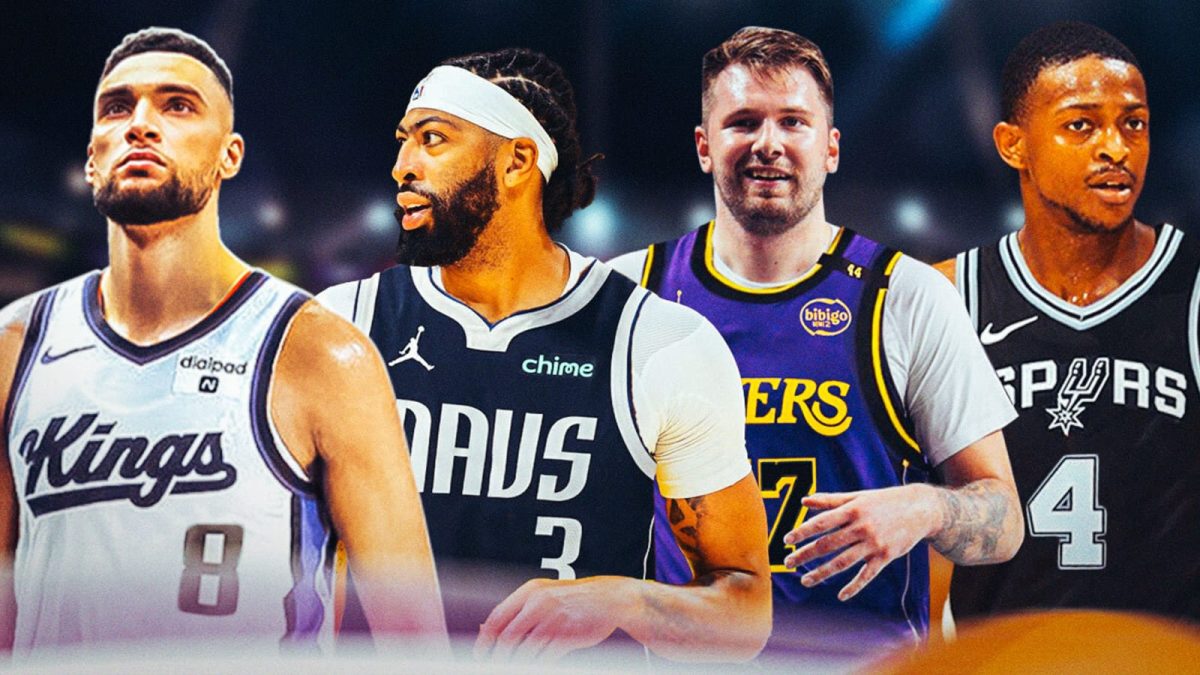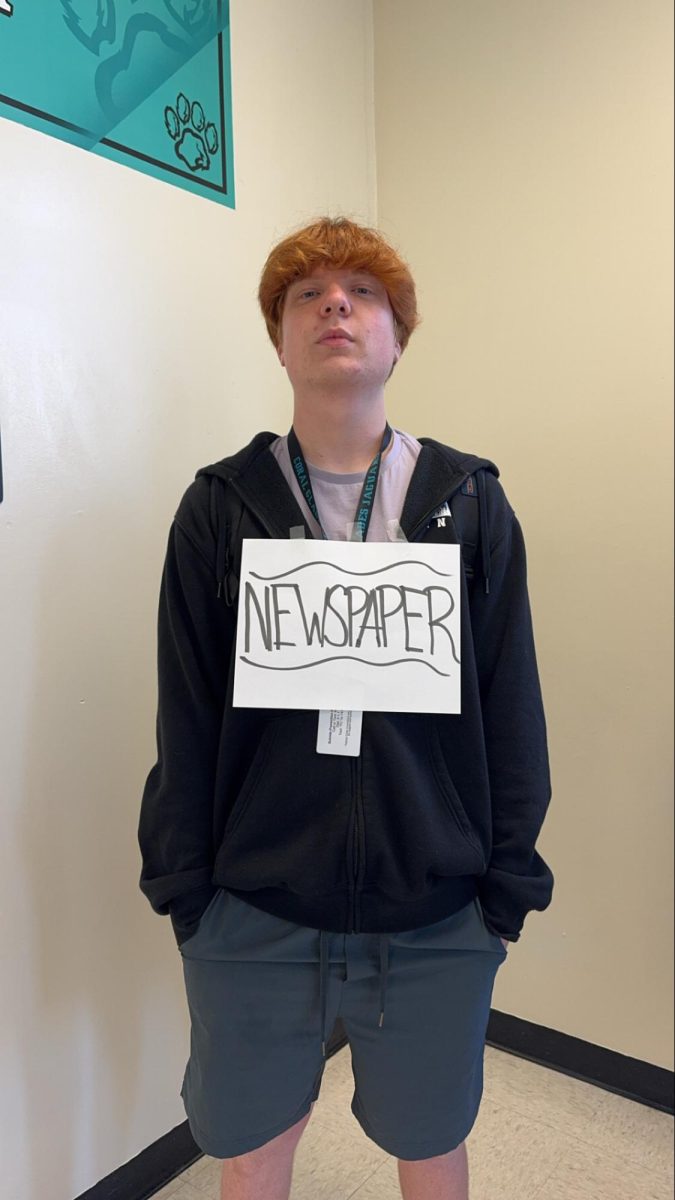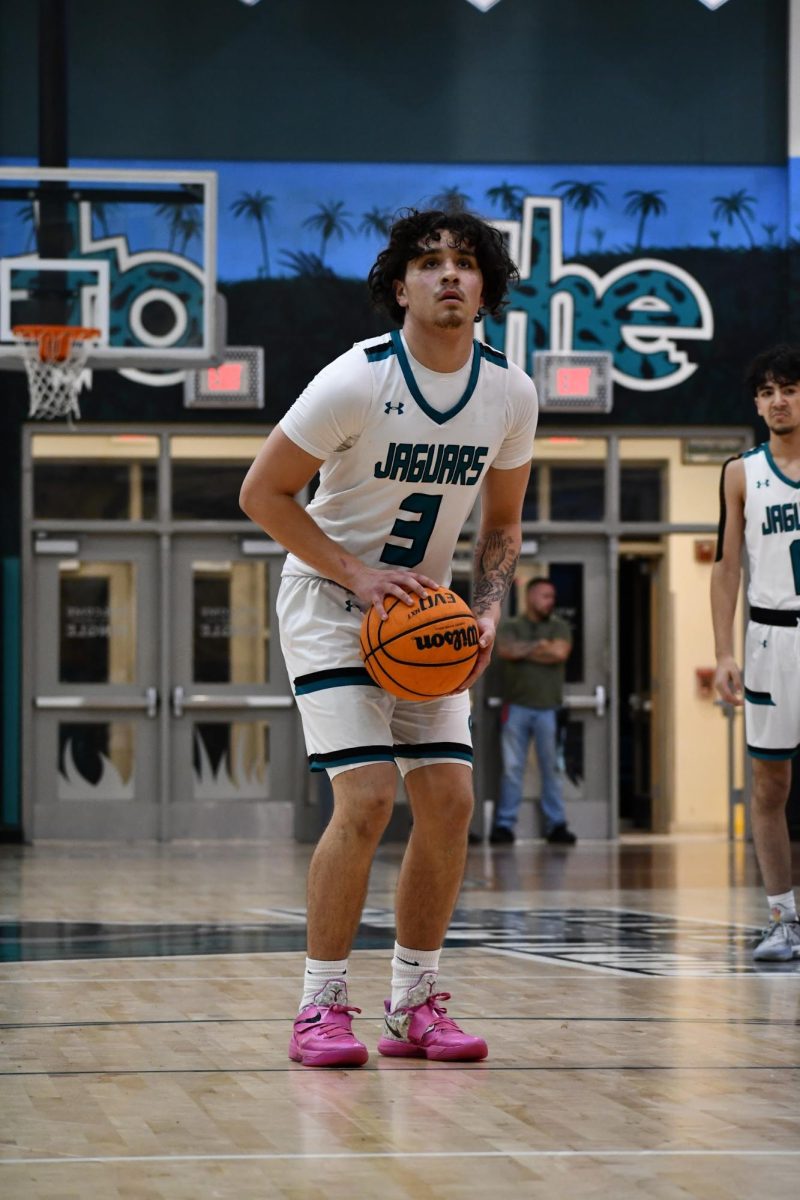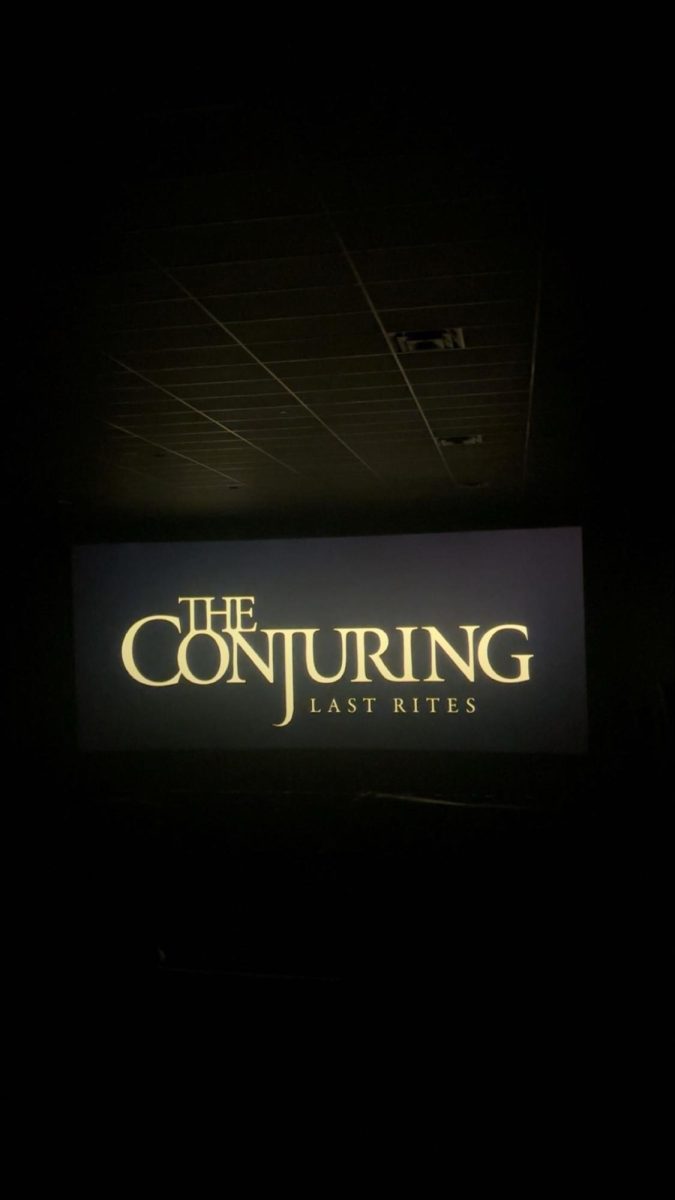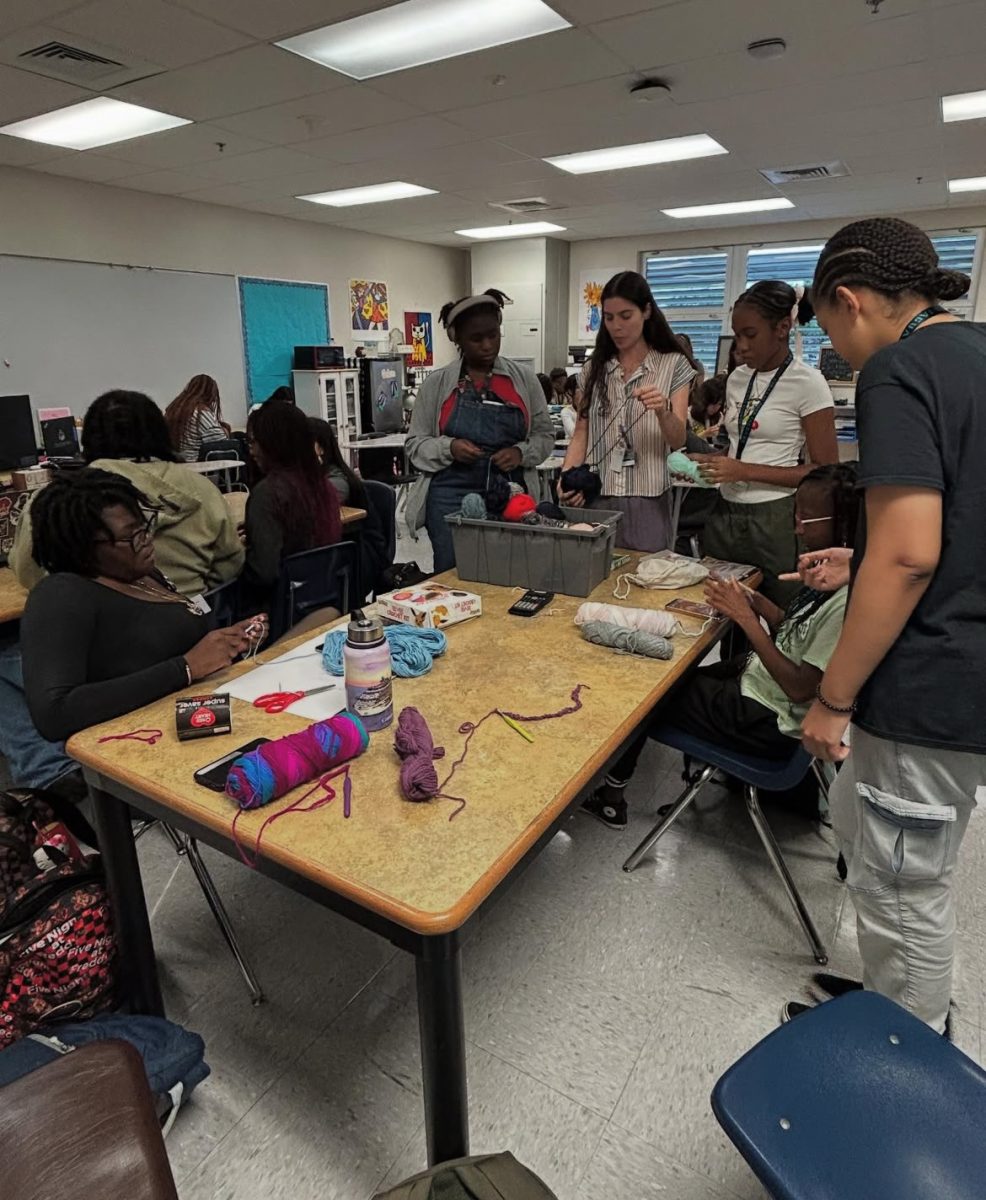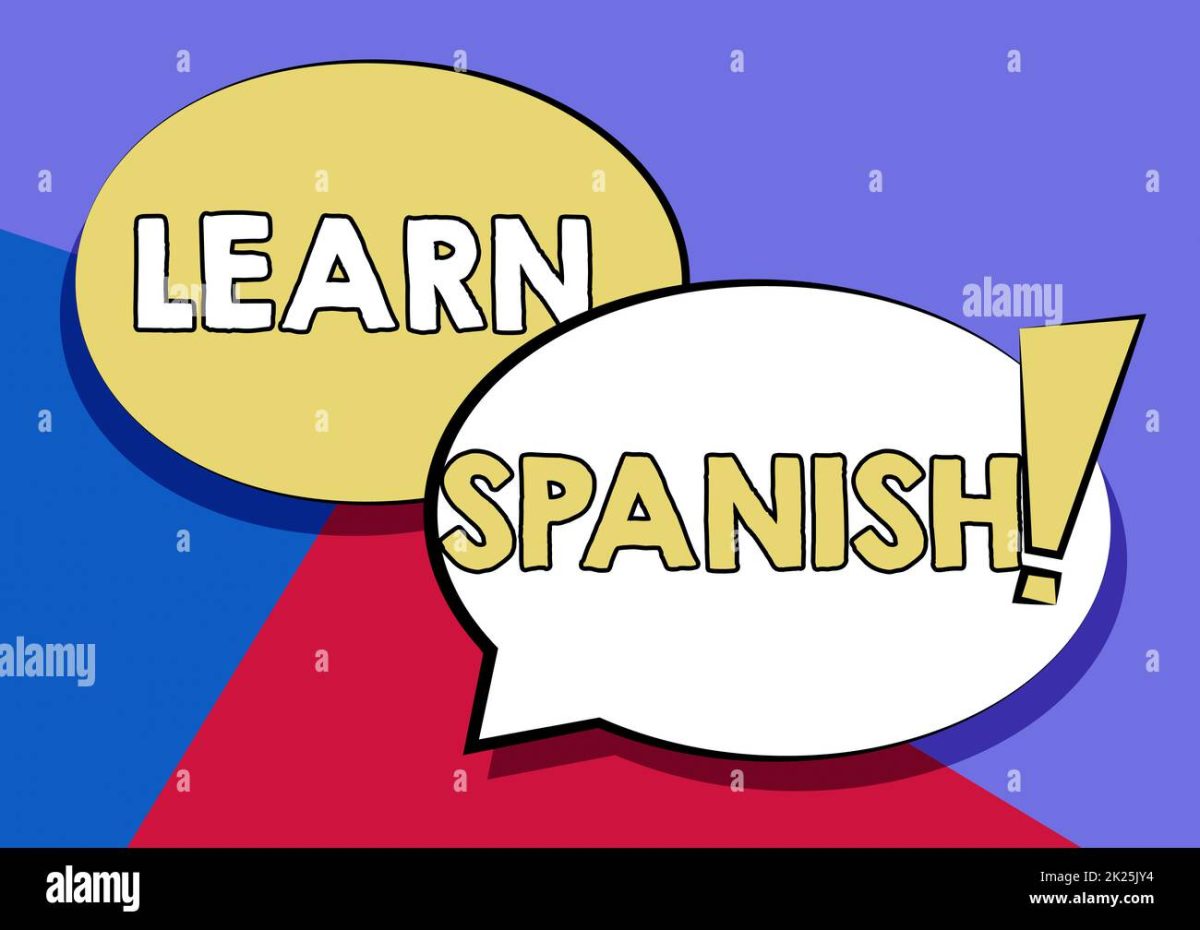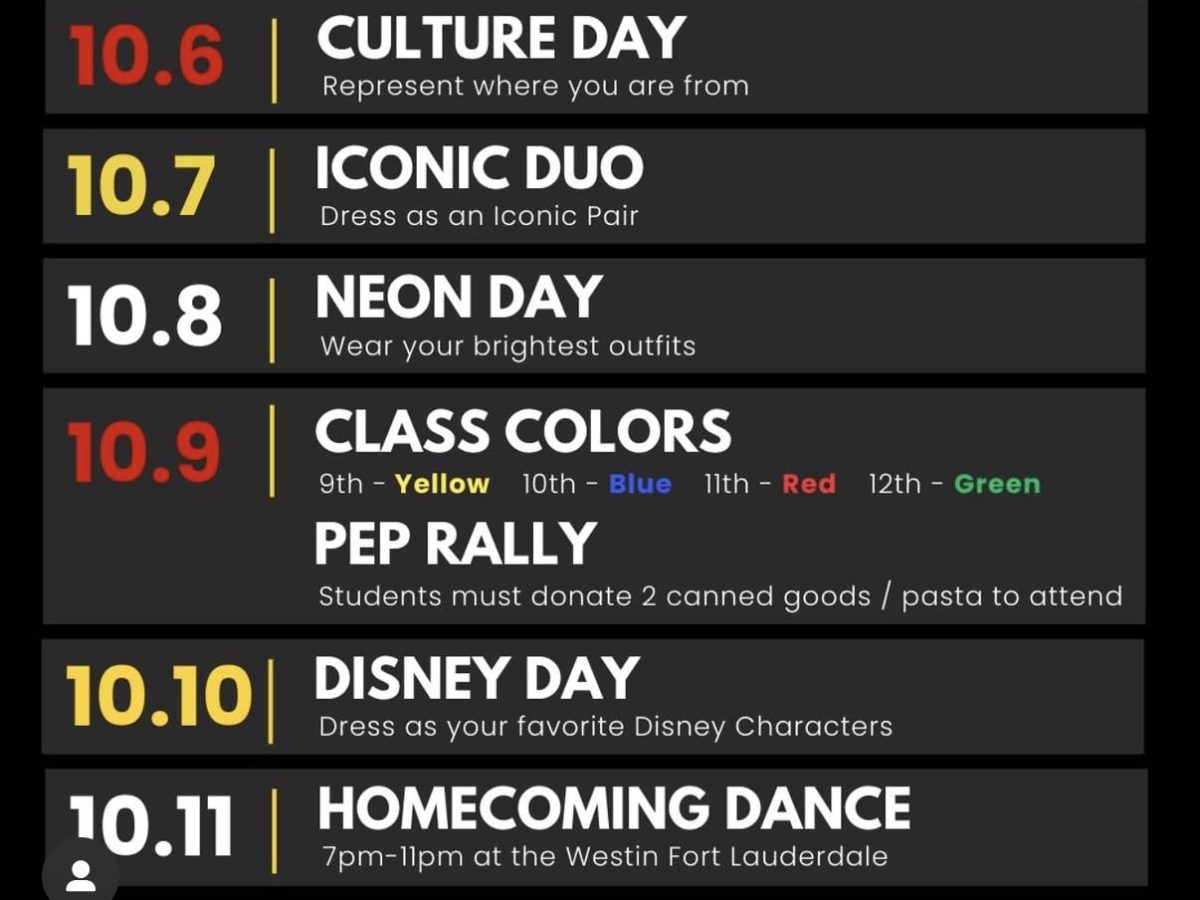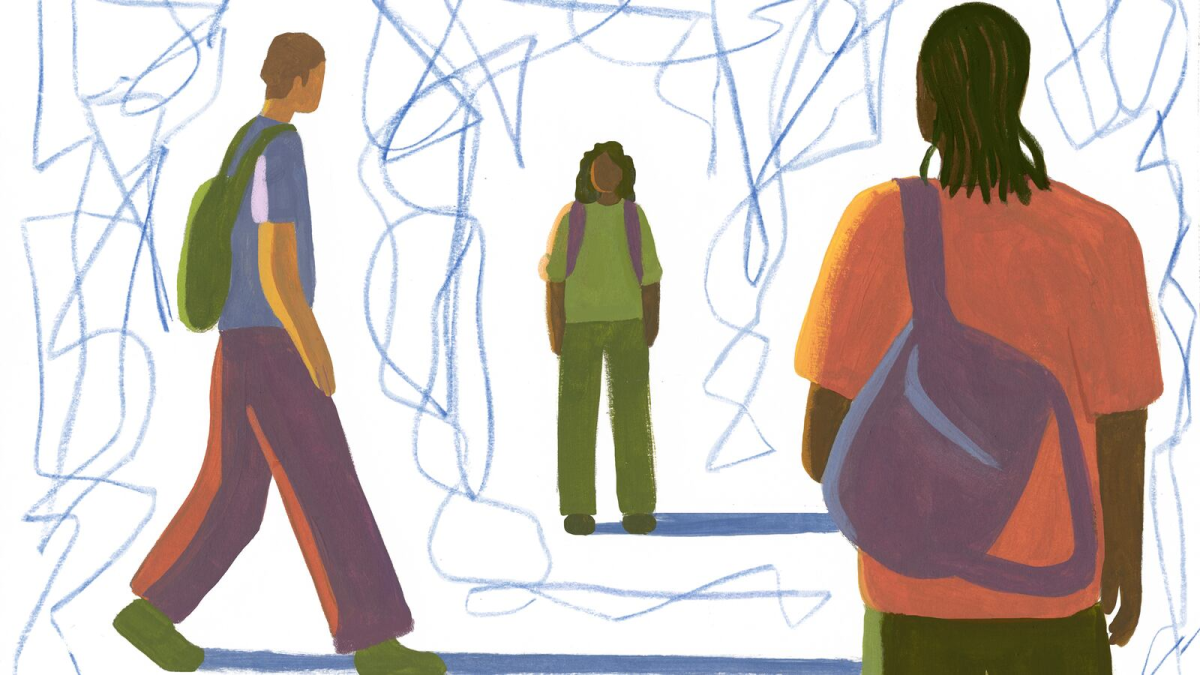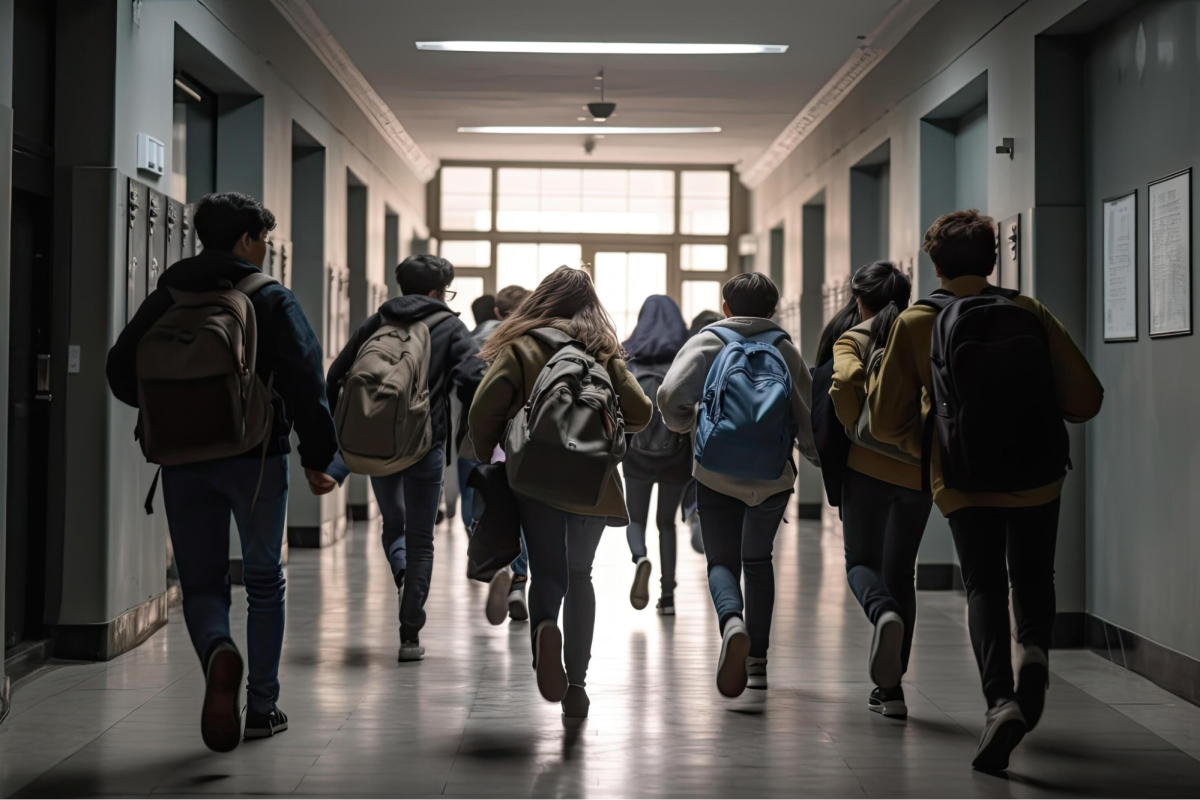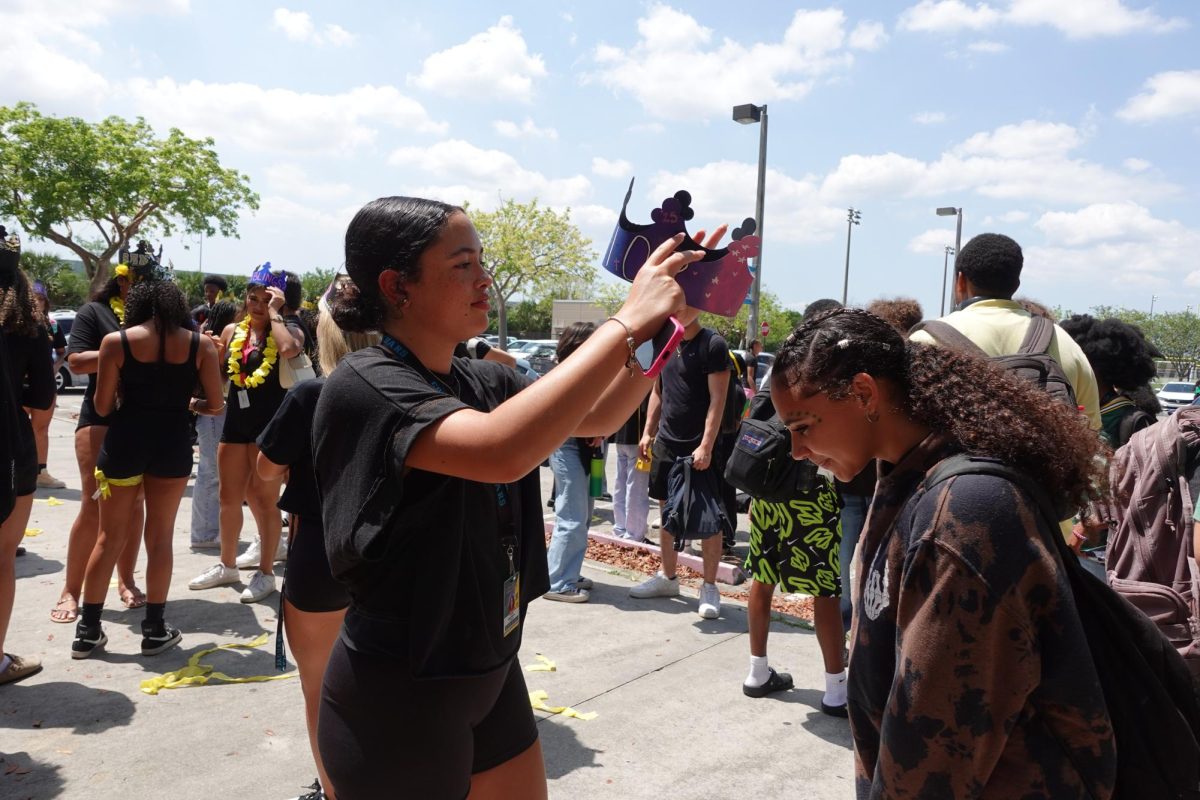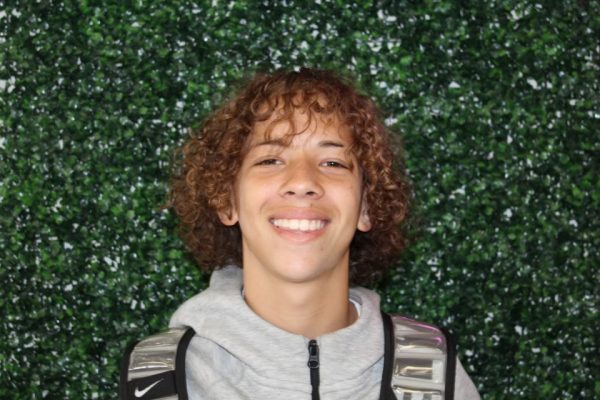Trevor Lawrence’s late hit in Sunday’s game against the Houston Texans sparked controversy and reignited the discussion surrounding protecting quarterbacks in the NFL. While the Jaguars ultimately secured a victory, the incident overshadowed the win and raised questions about the officiating and the inherent vulnerability of quarterbacks.
The play in question occurred late in the fourth quarter. Lawrence, scrambling to extend a play, slid to give himself up. Texans defender Jonathan Greenard then dove towards Lawrence, making contact with the quarterback’s head and neck area. While Greenard wasn’t flagged for roughing the passer on the field, the NFL later fined him for the hit, acknowledging it as an illegal play.
“That hit was blatantly late and he should’ve just let him slide, there’s no need to injure players and risk brain and head injuries. I understand it wasn’t intentional but he shouldn’t have done that hit when he was already sliding.” Cole Fisher, junior.
The incident immediately drew strong reactions. Jaguars’ coach Doug Pederson expressed his displeasure post-game, emphasizing the need for officials to protect quarterbacks. He highlighted the inherent danger of such hits, particularly when a quarterback has clearly given himself up by sliding. Many analysts and commentators echoed Pederson’s sentiments, arguing that the hit was unnecessary and dangerous. They pointed to the league’s emphasis on player safety, particularly concerning quarterbacks, and argued that the officials missed a clear call.
The debate surrounding the hit centers on the fine line between aggressive defense and player safety. Defenders are tasked with disrupting the quarterback, but rules are in place to protect quarterbacks from unnecessary and dangerous hits, especially when they are in a vulnerable position, like sliding. The Greenard-Lawrence incident highlights the difficulty in officiating these plays in real time. While the eventual fine suggests the league acknowledged the error, the lack of an on-field penalty raises concerns about the consistency of officiating.
“Prayers to Trevor, he didn’t do anything to deserve that and I know it was unintentional and the defender, Azeez Al-Shaair never meant to do it but it wasn’t needed, that situation was definitely avoidable.” Shawn Whoriskey
The incident also underscores the larger conversation about quarterback protection in the NFL. Quarterbacks are arguably the most valuable players on the field, and their health is paramount to a team’s success. The league has implemented numerous rules over the years to protect quarterbacks, including stricter penalties for roughing the passer and helmet-to-helmet hits. However, incidents like this demonstrate that the challenge of balancing player safety with the inherent physicality of the game remains an ongoing process.
Looking ahead, the league will likely use this incident as a teaching moment for officials, emphasizing the importance of protecting quarterbacks who have given themselves up. The fine levied against Greenard serves as a deterrent for future similar plays. While the controversy surrounding the hit may fade, it serves as a reminder of the ongoing dialogue surrounding player safety and the complexities of officiating in a fast-paced, high-impact sport like the NFL.

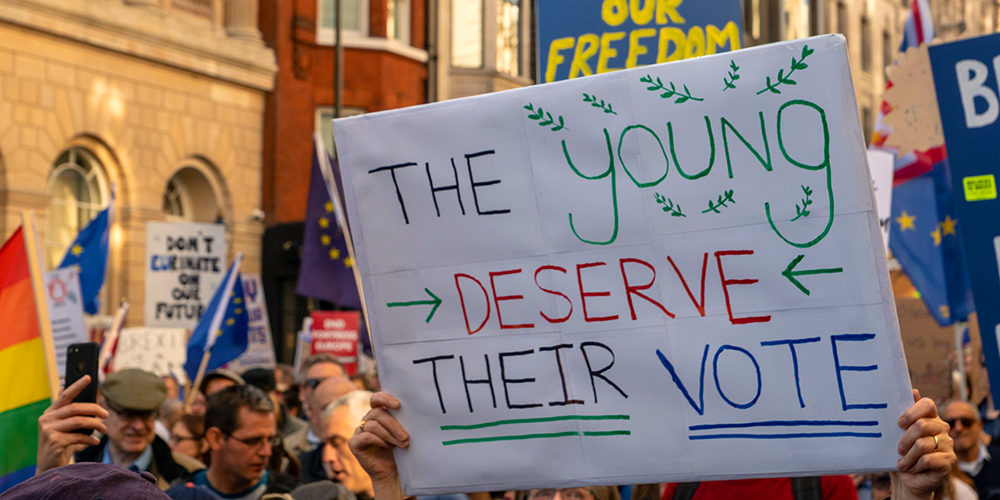
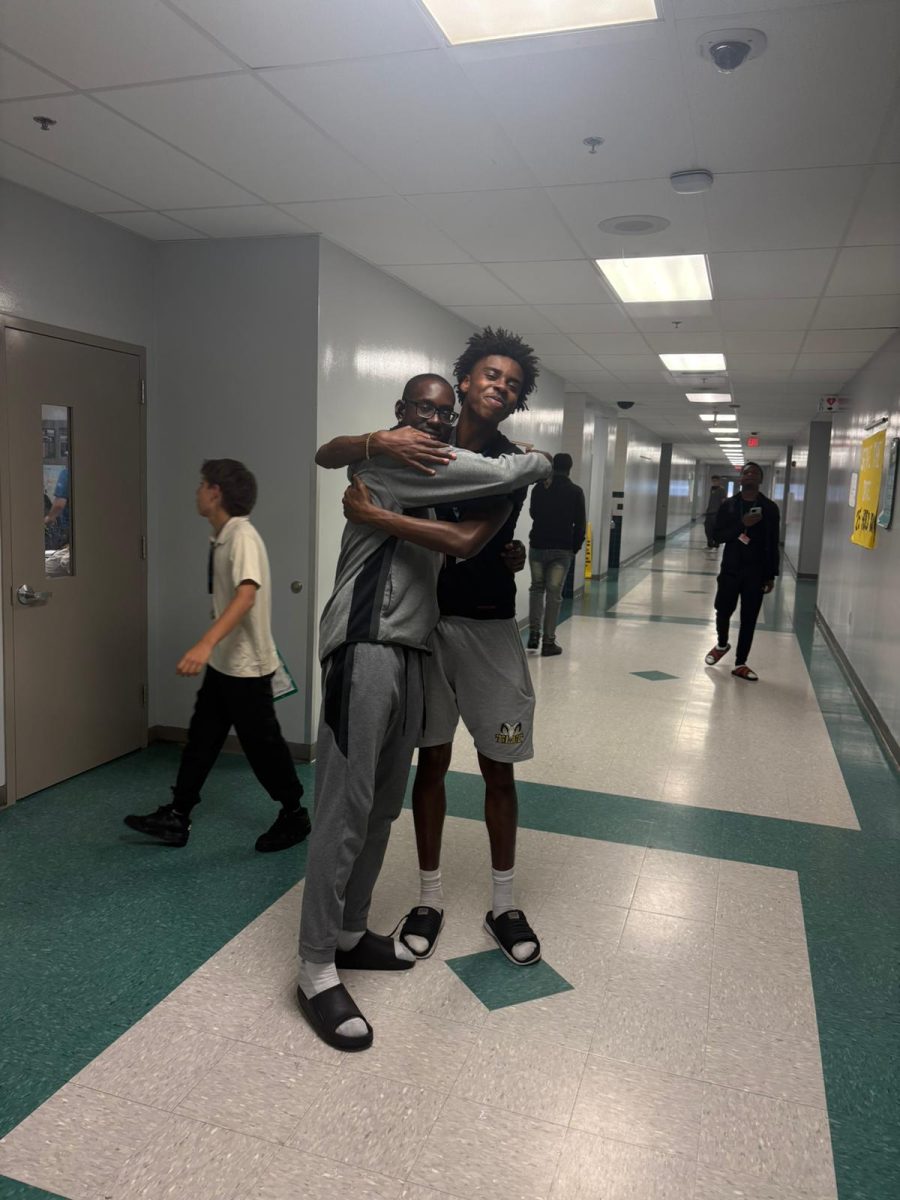


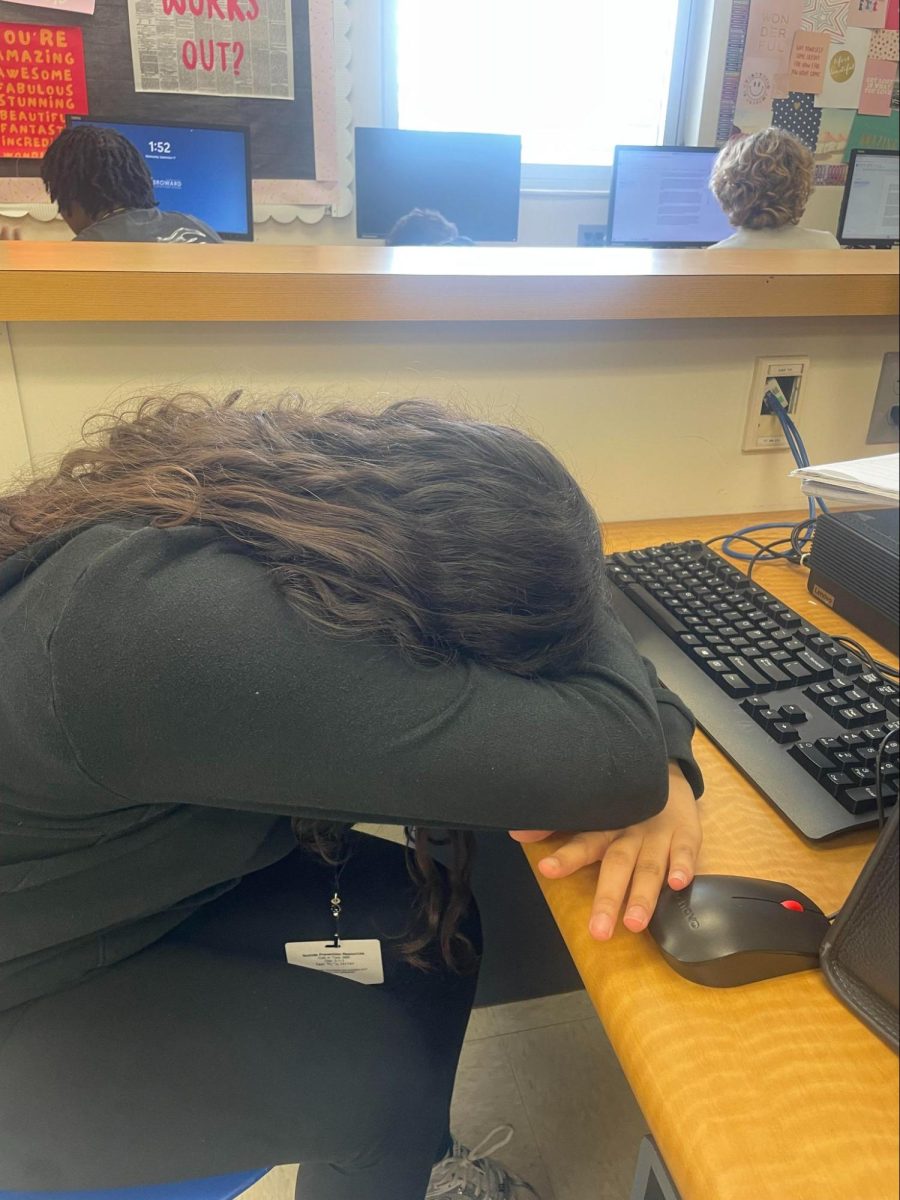


![[Photograph of an Italian sandwich] Photo Creds: https://www.thepioneerwoman.com/food-cooking/recipes/a42398453/italian-sandwich-recipe/](https://cghstheprowl.com/wp-content/uploads/2025/10/image1.png)






